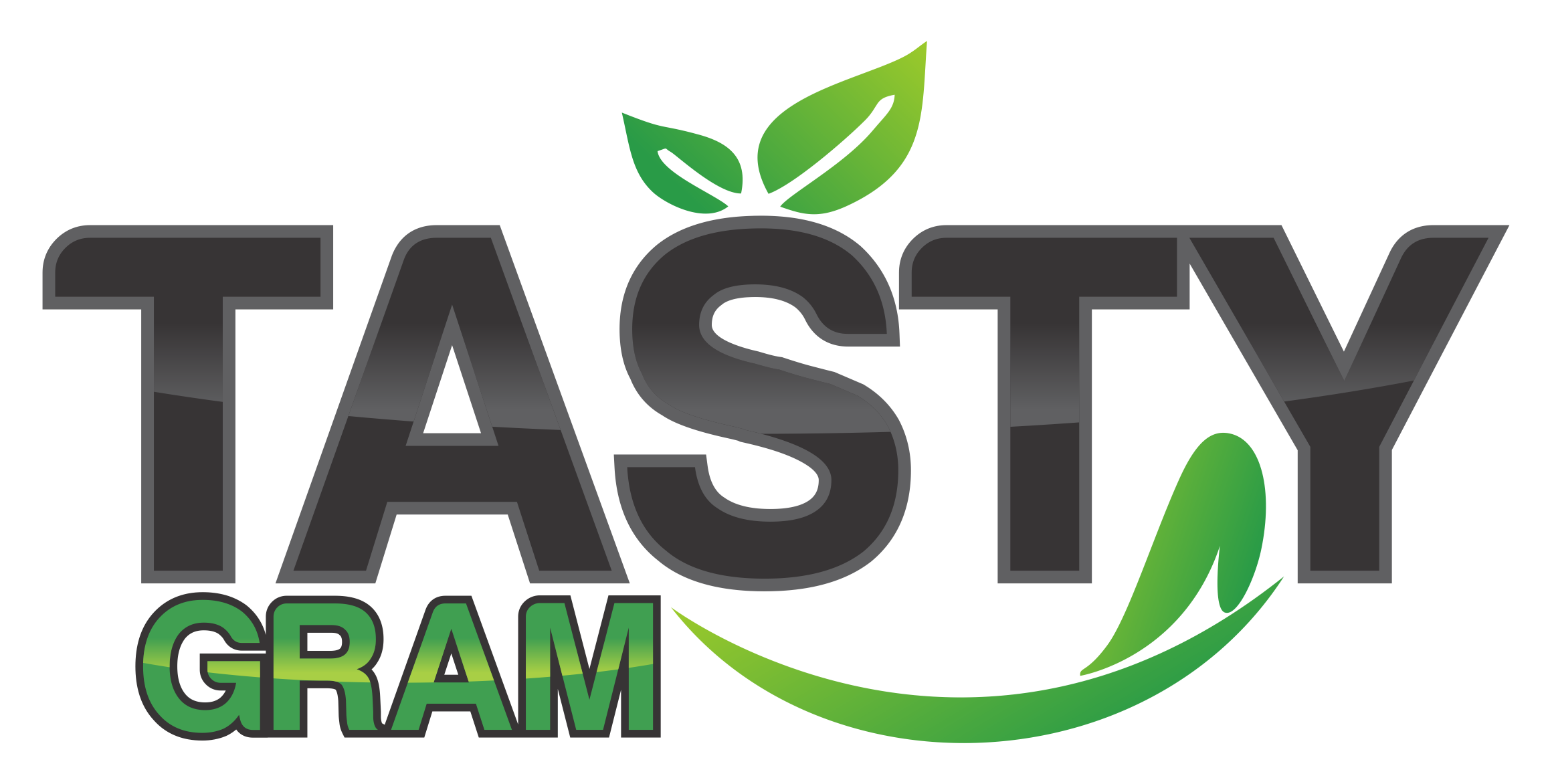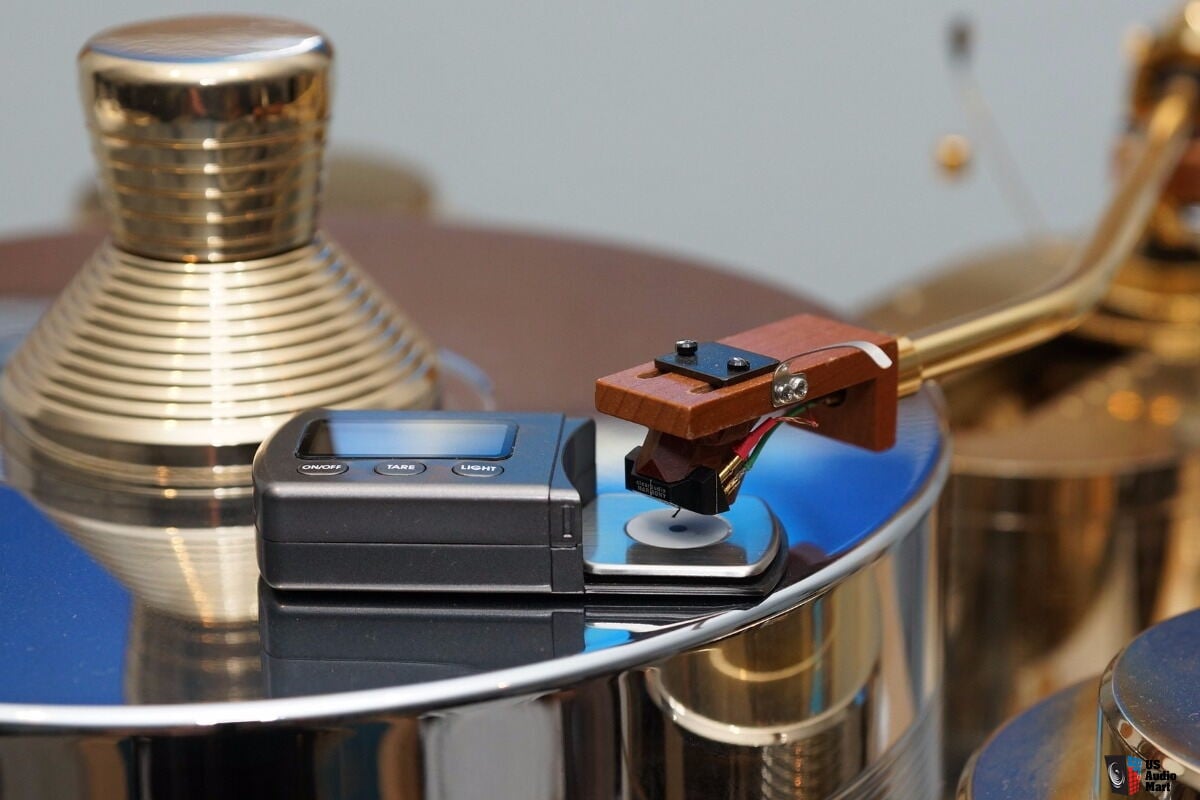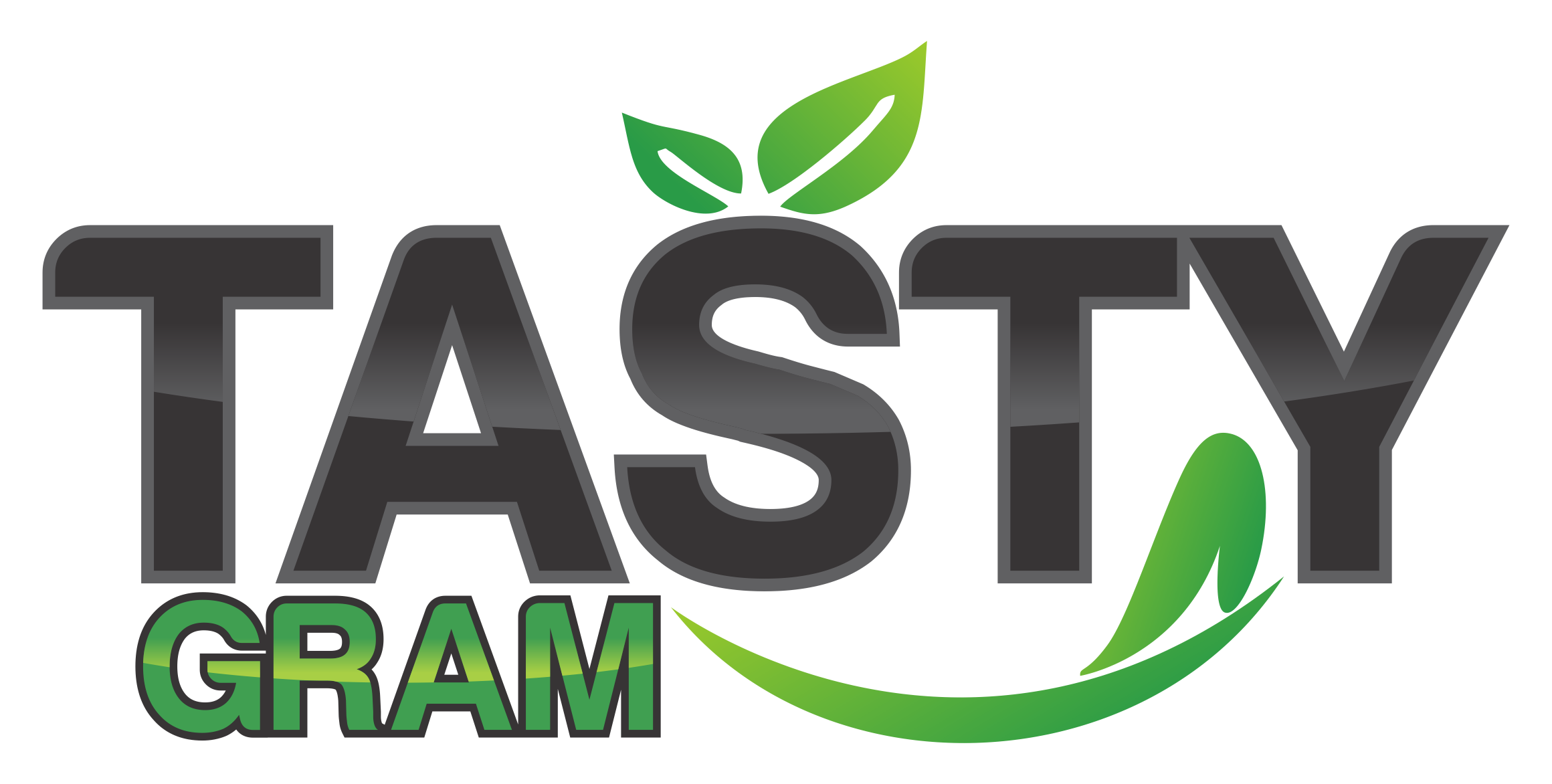In the realm of precision, where the tiniest measurements hold immense significance, there exists a unit that represents a minuscule fraction of one thousandth of a gram: 1/1000th of a gram. This seemingly insignificant quantity plays a pivotal role in diverse fields, from scientific research to everyday applications.
Whether it’s calibrating laboratory equipment or measuring precious metals, the ability to accurately quantify such minute amounts is crucial. In the world of medicine, 1/1000th of a gram can represent the difference between an effective dose and a harmful one.
1/1000th of a Gram: A Microscopic Scale
1/1000th of a gram is equivalent to one milligram (mg), which is approximately the weight of a single grain of sand. It’s difficult to imagine such a small quantity, but its significance lies in its precision. By measuring substances down to this level, scientists and researchers can gain valuable insights into the composition and behavior of matter.

is mg 1/1000 of a gram Tastygram | Product
A Personal Experience with 1/1000th of a Gram
I vividly recall working in a laboratory setting, where I was tasked with measuring out 5 mg of a compound for an experiment. Using a microbalance, I carefully adjusted the dial until the display indicated the desired weight. As I poured the tiny granules into a vial, I couldn’t help but marvel at the significance of this minute amount.
This experience taught me the importance of precision in scientific research. Even the slightest deviation from the specified weight could have compromised the accuracy of our results.
History and Myth of 1/1000th of a Gram
The concept of measuring small quantities dates back to ancient times. In ancient Egypt, gold was weighed using a balance with a precision of 1/1000th of a gram. This level of accuracy was essential for determining the purity of gold and ensuring fair trade.
![Digital Milligram Scale [1/1000th of a gram resolution!] | Homebrew Finds Digital Milligram Scale [1/1000th of a gram resolution!] | Homebrew Finds 1 thousandth of a gram](https://www.homebrewfinds.com/wp-content/uploads/2017/11/61M6Sl-uxjL._SL1200_.jpg)
1 thousandth of a gram Digital Milligram Scale [1/1000th of a gram resolution!] | Homebrew Finds
Over the centuries, the ability to measure small quantities has continued to evolve. In the 19th century, the invention of the analytical balance allowed scientists to measure down to even smaller units, such as 1/1000th of a gram.
Hidden Secrets of 1/1000th of a Gram
Beyond its practical applications, 1/1000th of a gram holds hidden secrets that reveal the intricacies of the world around us. For instance, the weight of a single grain of pollen can determine the pollination success of a plant. In the realm of pharmaceuticals, the precise measurement of drug doses is essential for ensuring safety and efficacy.
![Digital Milligram Scale [1/1000th of a gram resolution!] | Homebrew Finds Digital Milligram Scale [1/1000th of a gram resolution!] | Homebrew Finds 1/1000 of a gram](https://www.homebrewfinds.com/wp-content/uploads/2017/11/61udhOZwZOL._SL1000_.jpg)
1/1000 of a gram Digital Milligram Scale [1/1000th of a gram resolution!] | Homebrew Finds
Recommendations for 1/1000th of a Gram
When measuring 1/1000th of a gram or smaller quantities, it’s important to use high-precision equipment such as analytical balances or microbalances. Calibrate your equipment regularly to ensure accuracy and minimize errors.
When handling small amounts of substances, use clean and dry containers to prevent contamination. Store chemicals in proper containers to prevent moisture absorption or loss.
![Digital Milligram Scale [1/1000th of a gram resolution!] & Calibration Digital Milligram Scale [1/1000th of a gram resolution!] & Calibration 1/1000 of a gram is called](https://www.homebrewfinds.com/wp-content/uploads/2018/05/61RJ9jx0l7L._SL1247_-768x677.jpg)
1/1000 of a gram is called Digital Milligram Scale [1/1000th of a gram resolution!] & Calibration
1/1000th of a Gram and Precision in Various Fields
The precision of 1/1000th of a gram is crucial in various fields, including:
Tips for Accurately Measuring 1/1000th of a Gram
To ensure accuracy when measuring 1/1000th of a gram, follow these tips:

1 1000 of a gram in milligrams Katli Audio Digital stylus gauge 1000th gram accuracy Dealer Ad – US
1/1000th of a Gram and the World Around Us
1/1000th of a gram plays a significant role in the world around us, from the weight of a single grain of sand to the precision of medical treatments. Here are a few examples:
Fun Facts about 1/1000th of a Gram
Here are some fun facts about 1/1000th of a gram:
1/1000 of a gram is one GRAM
How to Measure 1/1000th of a Gram
To measure 1/1000th of a gram, you can use a high-precision balance or microbalance. Follow the manufacturer’s instructions for your specific equipment.
Here are the general steps:
What if 1/1000th of a Gram?
Changing the weight of 1/1000th of a gram can have significant consequences in various situations:

1/1000 grams equals Hours/Directions — Gram’s Diner
Listicle of 1/1000th of a Gram
Here is a listicle of interesting facts about 1/1000th of a gram:
Question and Answer about 1/1000th of a Gram
Here are some frequently asked questions and answers about 1/1000th of a gram:
A: 1/1000th of a gram is also known as one milligram (mg).
A: You can use a high-precision balance or microbalance to measure 1/1000th of a gram.
A: 1/1000th of a gram is a very small amount, but it can have a significant impact in various situations, such as in medicine, manufacturing, and research.
A: 1/1000th of a gram is equivalent to 1 milligram (mg), 0.001 grams, or 1,000 micrograms.
<

